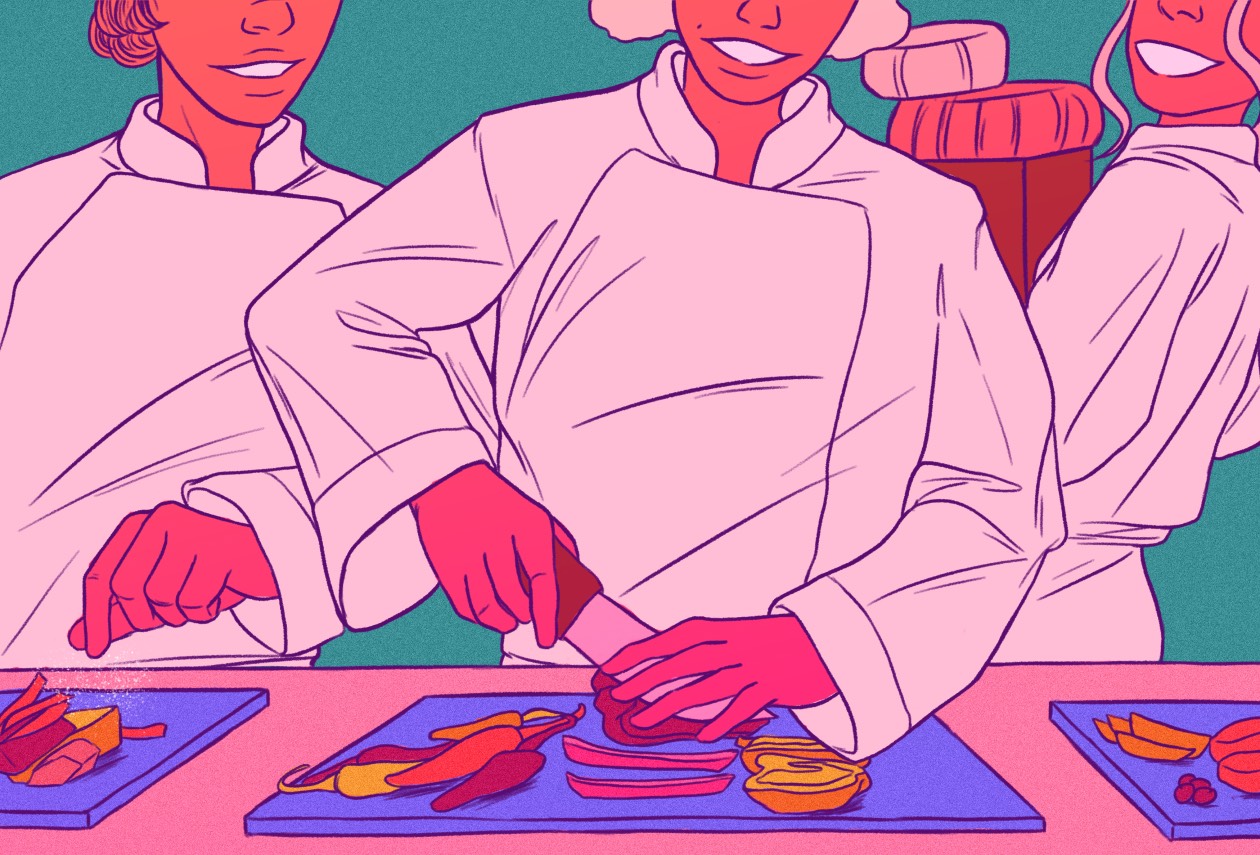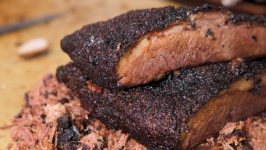How #MeToo Has Impacted Gender Inequality in Queens Kitchens
Katherine Fuchs, co-owner and executive chef of Astoria's The Thirsty Koala, talks about the sexism women face in professional kitchens
My first job after I graduated from college was working as a line cook at a traditional French restaurant. While my experience was more positive than what many women chefs face, and less grungy than what Anthony Bourdain’s Kitchen Confidential reveals about the industry, I was still well aware that I was the only woman working on the line and one of only two women back-of-house employees.
“Is the former Navy SEAL offering to carry 50 pounds of cast-iron pans down to dish because he thinks he’s stronger than me?”
“Should I call out my male co-workers if they say something sexist or condescending?”
“Even though I’m stressed and tired and just burned the palm of my hand on a hot metal sizzle plate, I can’t cry because I don’t want them to think I’m too emotionally weak for the job.”
These were my thoughts as I clocked in and out every day for a year and a half, particularly in light of the #MeToo movement. When prominent chefs and restaurateurs like Mario Batali, Ken Friedman and Josh Besh were accused of sexual harassment, it became even more important for women working in professional kitchens to consider, and voice, these types of concerns.
While there’s no denying that discrimination and harassment still exist in kitchens and other male-dominated industries, #MeToo has encouraged a discussion about inequality in the workplace. Katherine Fuchs, co-owner and executive chef of Astoria’s The Thirsty Koala, sat down with me in her restaurant before a recent Friday night rush to discuss how women in the restaurant industry can take advantage of this new conversation.
“People should speak out and bring to light things that are violations of their rights as human beings … not just violations as chefs and workers, but as human beings,” she said.
For Fuchs, being a pioneer in a male-dominated industry is not new territory. Before opening the Australian restaurant on Ditmars Boulevard in 2009, Fuchs had a decades-long career as a FDNY paramedic that included being a first responder to the 9/11 attacks.
“It’s not a glamorous job,” she says of her rescue work. “It’s a hard job. When you talk about pressure in the kitchen, the worst thing that’s going to happen is you get a bad review on Yelp because they waited too long. Real pressure is when somebody’s life depends on your actions. That always keeps me grounded and gives me perspective,” says Fuchs.
She was born and raised in Astoria by what she calls “a lineage of very strong women” that influenced how she approached her own career. Fuchs was raised to not question whether she could do something because she was a woman.
“We all were physically breaking down walls before it was widely accepted for women to do that. They didn’t have women on HGTV when I was growing up— all we had was ‘[I Love] Lucy,’” she reflects, referencing her family’s DIY approach to home remodeling.
Even as the owner and executive chef of her own restaurant, Fuchs says she still experiences bias. Like many women chefs, people assume she’s a pastry chef. Statistics reveal a major gender gap in the kitchen. A (binary) 2017 data survey by Eater found that, at the time, only 21% of executive chef positions were held by women, 28.4% of James Beard Award finalists were women and 0% of the World’s 50 Best Restaurants were helmed by women chefs. These statistics are likely not shocking to either men or women in the industry, but they prove that there’s a long way to go until women are fully recognized for their talent by both members of the restaurant industry and the media.
“There are a lot of people who feel women are not capable. I don’t care whether you think I can do it or not. It’s whether I think I can do it,” says Fuchs. “If you have the drive, passion and a little bit of luck, you’ll make it happen.”
This belief system is what helped Fuchs take the leap from FDNY to executive chef, and is the message that continues to empower her personal and professional life. While there are many reasons why women might be discouraged to pursue a career in the restaurant industry—the physical demands, a boys’ club atmosphere, little support if you choose to have children and maintain your job—Fuchs proves that the best motivating factor to pursuing a culinary career is your own desire to do it.







